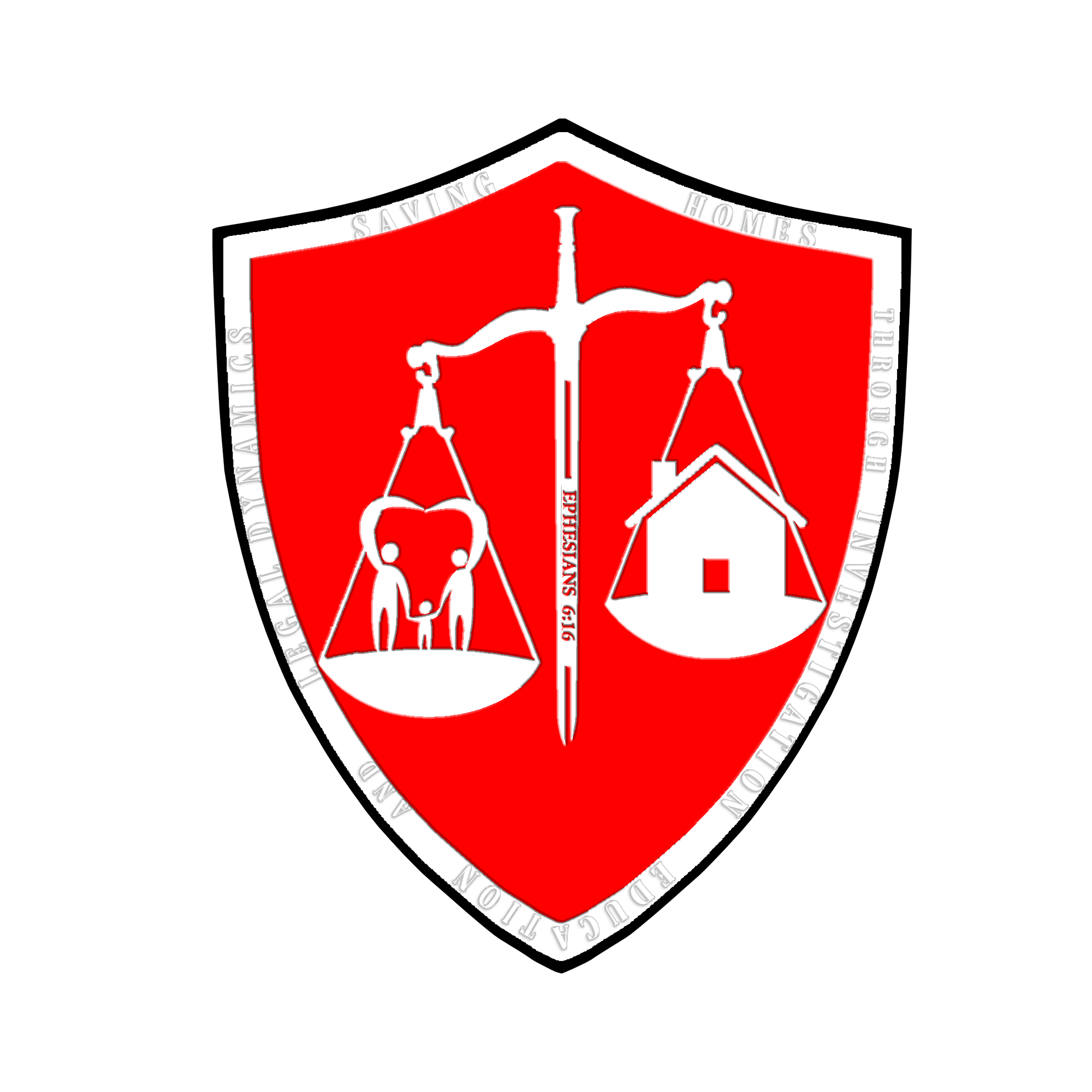
Facing eviction for any reason can throw your life into chaos. It can feel like there is nothing you can do. Don’t give in to that feeling. Know that help is available.
In Georgia, tenants have rights when it comes to evictions. Landlords must follow specific procedures and cannot just take matters into their own hands. Further, there are resources available to tenants facing eviction. Saving Homes through Investigation Education and Legal Dynamics—or the S.H.I.E.L.D. program—at Sword & Shield Injury Attorneys is one of those resources.
S.H.I.E.L.D. Program
The S.H.I.E.L.D program is designed to help anyone facing an imminent eviction save their home. To take advantage of this program, you must already have an active eviction action filed against you in court. If you are the subject of an eviction action, you have been served with a dispossessory warrant and must respond. If you do not answer a dispossessory warrant within seven days, you waive your right to fight your landlord’s eviction claims. To effectively fight your eviction, you must act quickly.
The S.H.I.E.L.D. program is a flat-fee service designed to represent you in the critical initial stages of fighting your eviction. As part of the program, an eviction attorney will answer (or amend your answer to) the dispossessory complaint. They will also be your legal representative and fight for you during the dispossessory hearing. Finally, we will provide a legal consultation regarding your eviction defense and discuss the next steps in your case.
If you have been served a dispossessory warrant, act quickly and join the S.H.I.E.L.D. program today.
What Is a Dispossessory Warrant?
A dispossessory warrant is the legal means of officially informing a tenant that their landlord has started the formal process of eviction. If you do not respond within seven days of receiving the notice, you waive your right to fight the eviction.
Is a Dispossessory an Eviction?
A dispossessory action is an eviction lawsuit. To pursue a dispossessory action, a landlord must allege that you have not paid rent, violated or overstayed your lease, or are otherwise occupying the property without a legal right to do so. If the court sides with the landlord, you must vacate the premises according to the court’s order.
Georgia Dispossessory Process
Landlords must follow a strict process to evict a tenant in Georgia.
- The landlord must demand or request that the tenant give up possession of the property.
- If the tenant refuses, the landlord can file a dispossessory affidavit in court.
- Once the landlord files the affidavit, a law enforcement representative will attempt to serve a dispossessory warrant to the tenant.
- The tenant then has seven days to respond either in writing or orally.
- Once the court receives the tenant’s answer, it will schedule a hearing during which a judge will decide the case.
- If the tenant loses the case, the judge will issue a writ of possession, and the tenant will have seven days to either vacate the property or appeal the decision.
It is critical to have experienced representation throughout the dispossessory process.
Ways a Tenant Can Fight an Eviction
There are several common ways that tenants can defend themselves from a dispossessory action.
First, if the landlord is attempting to evict the tenant over unpaid rent, but the tenant paid, the landlord has no grounds for eviction. An action on the landlord’s part in this situation is called a wrongful eviction or unlawful eviction.
Second, a landlord cannot evict a tenant for reasons that qualify as illegal discrimination.
Third, the landlord must follow standard eviction procedures. A tenant can use a landlord’s failure to comply with legal procedures as a defense.
Finally, it is illegal for landlords to engage in “self-help” and evict tenants in any way other than the legal eviction process. Self-help includes attempting to forcibly remove people, taking belongings, changing locks, shutting off utilities, or any other method that is not legally sanctioned. If a landlord engages in self-help, the tenant can sue them for resulting damages.
Contact Sword & Shield Injury Law Today
At Sword & Shield, we know how to stop an eviction. Our experienced attorneys stand ready to jump into the eviction battle on your behalf. Our team understands the frustrations of dealing with the legal system and has a proven track record of success. We will vigorously fight for your rights at every step in the process. If you are facing eviction, contact us today.

